
Excerpt from the
Working Villages International website
The twentieth century has produced three basic models of economic development: 1. Export (raw materials or manufactured goods); 2. Tourism; 3. Import substitution, using imported equipment. All three models depend to a greater or lesser degree on access to cheap petroleum.
The price of gasoline in Congo is now $8-$10 per gallon, and the average yearly income in Congo is $99 - enough to buy at most 12 gallons of gasoline per year. So the question arises: How can traditional, petroleum-dependent models of economic development benefit the people under such circumstances? What are the alternatives? Working Villages believes that much hope is to be found in the models advocated by Gandhi and E.F Schumacher (author of Small is Beautiful), which explain the benefits of village self-reliance in the form of localized economics and wide-spread small scale ownership, relying on local resources and skills.
A crucial component for building a progressive model of village self-reliance will be to find the intermediate form between hand agriculture (found throughout Africa) and petroleum powered agriculture (still remaining in the hands of the wealthiest land owners only). Draft animal power, in particular, ox power, offers the greatest hope in this area. As such, Working Villages plans to introduce ox power within the coming year.
The contribution that oxen can make to the community and even to the social and government structure should not be underestimated. Before the Middle Ages, every great physical culture in the world relied on ox power as its most important engine for transportation and power, including China, India, Southeast Asia, North Africa, the Mediterranean, Greece, Rome, Northern Europe, etc. The only examples of a great physical culture without the oxen were the Incas and Aztecs of the Americas.
On the other hand, even within Africa itself, historians have determined that a key reason that the nation of Ethiopia was never colonized by outsiders was because by relying on oxen for agriculture, transport, and other power needs, the people were able to achieve a high degree of productivity with sufficient surplus to support a strong organized government, which was well able to resist any attempts to colonize it. Following this example, WVI is confident that ox power will be a significant factor in creating a healthy economically self-reliant community which is not dependent on outside sources.
 Excerpt from the Working Villages International website
Excerpt from the Working Villages International website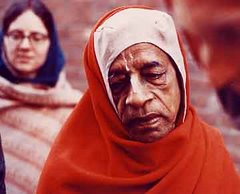
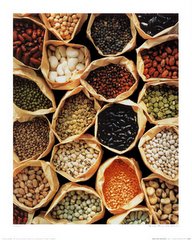
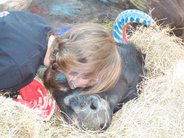

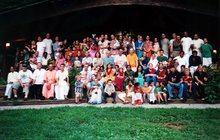
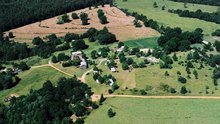

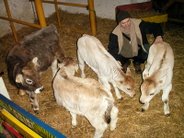
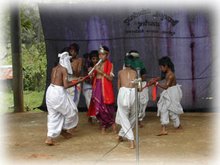
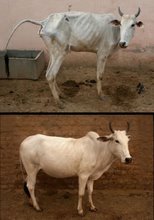

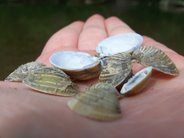


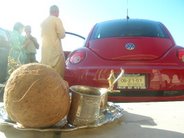




No comments:
Post a Comment